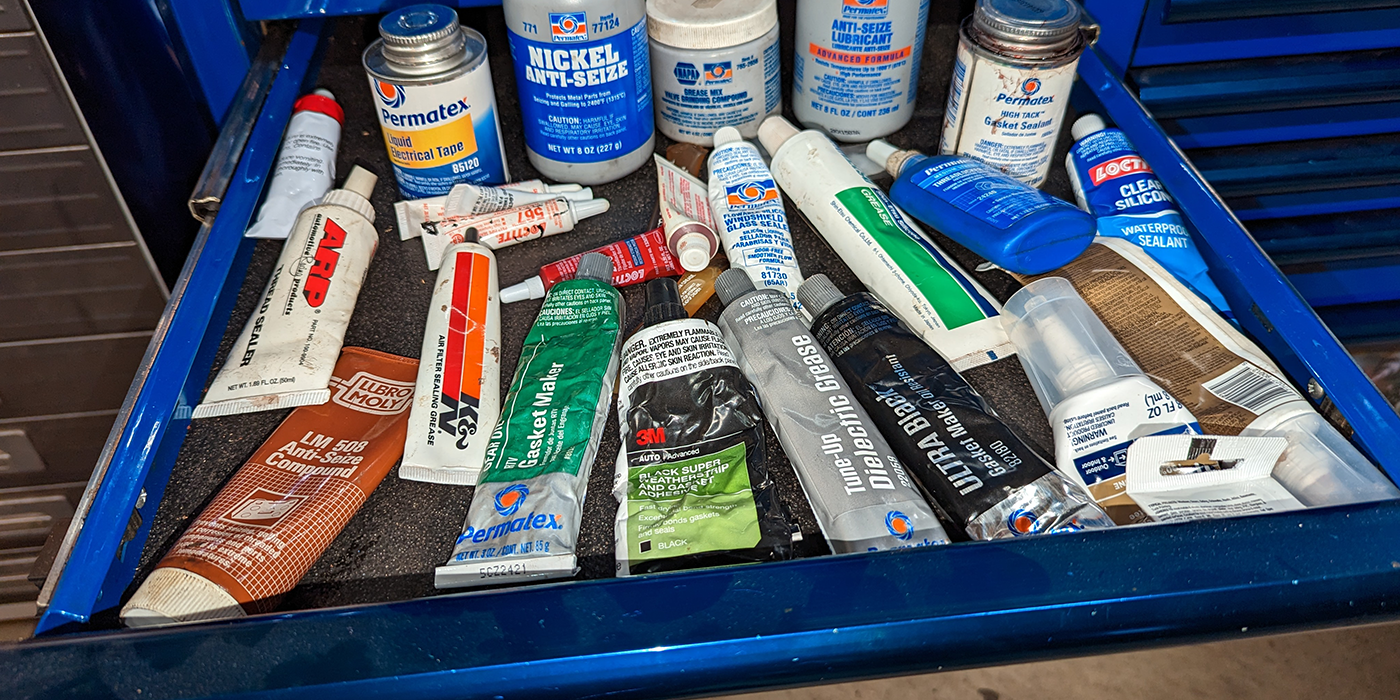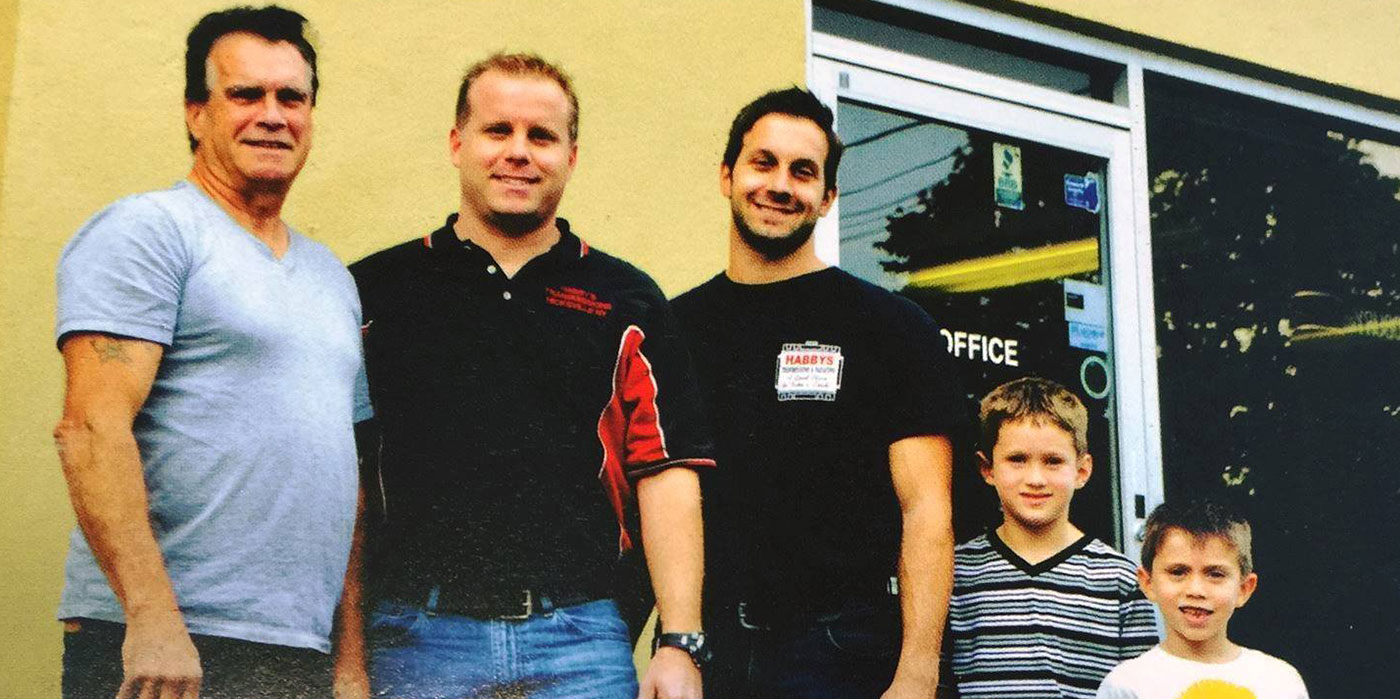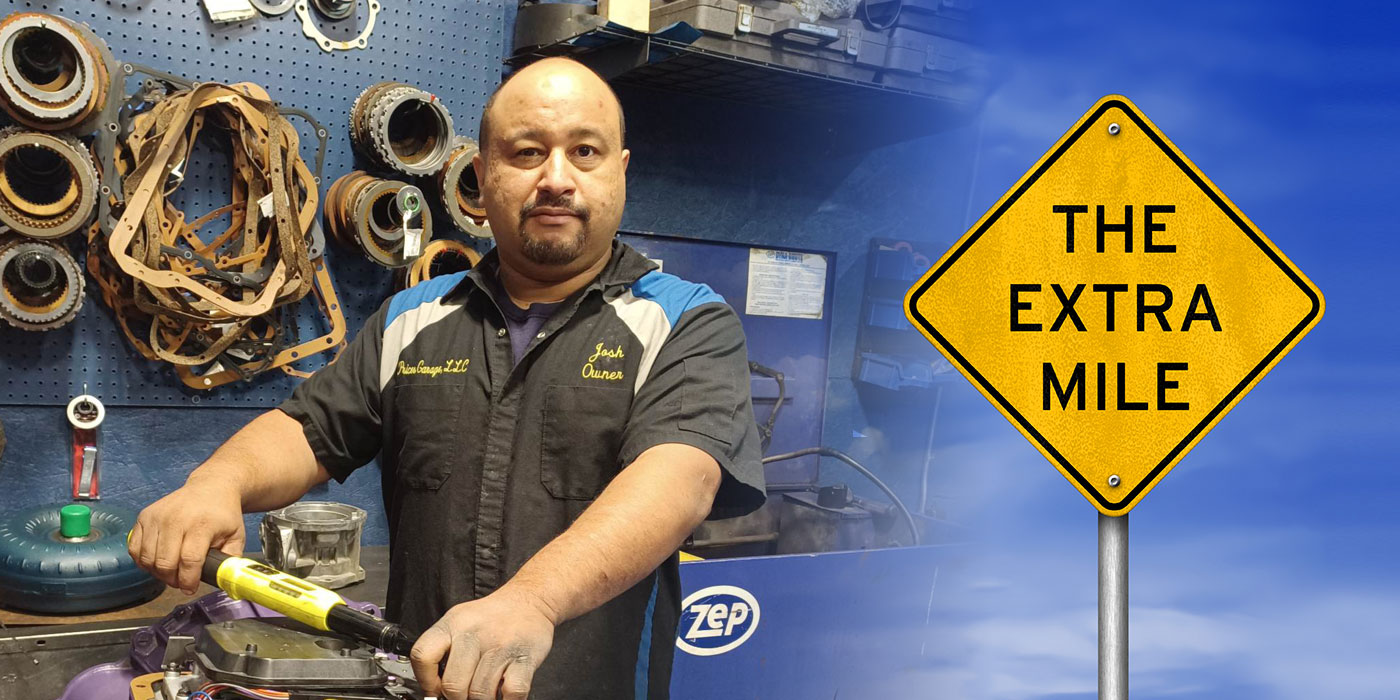
It’s Your Business
- Author: Terry Greenhut, Business Editor
- Subject Matter: Reaching your goals
- Issues: Passion, determination, priorities
How many years has it taken you to become the “overnight success” you are today, or are you even there yet? Some of the most successful people in the world struggled for many years before being recognized for their accomplishments, and yet others whom the world views as successful often feel they haven’t yet made it.
Great people throughout history have chalked up numerous failures before succeeding at whatever their chosen profession or goal. Is it OK to fail? Sure it is, and sometimes often and quite miserably, before finally reaching your ultimate triumphs. Business owners don’t always make it on the first try or the second or third for that matter. Inventors often try and fail hundreds of times before finding a solution.
Did you know that the famous artist Van Gogh only sold one painting in his lifetime, all the rest sold after he died, but that never stopped him from painting? Henry Ford went bankrupt five times. Albert Einstein was expelled from school for being a terrible student. Winston Churchill lost every election in which he ran until he became prime minister at age 62.
These people and thousands of other successes like them persevered no matter how great the odds against them. They put on their “big boy pants” and fought every battle, often losing but winning just enough to give them hope and keep them going.
What makes a winner? An unshakable belief in what one has set out to accomplish. Only a true believer will fight on even when it seems that all is lost. A winner is a person who will go down swinging, get up again and continue to move forward around or through any obstacle.
Ideas – everyone has them, some good and some crummy. The difference between the super successful whom the world looks up to and the unknown ne’er-do-wells is the ability the winners have to see the project through to its eventual success. Does it take brilliance or genius? Not often. Mostly it takes passion, tenacity, and a whole lot of guts to turn the dream into reality.

Unfortunately, not very many of us humans see our dreams through. We have the ideas but then come up with a million excuses for not bringing them to fruition. Then when we see someone else successfully bring to market an idea we had, all we can think to do is sue him for stealing it. But, in most cases, he didn’t steal it. He may have had the idea at the same time as one of us did, but he took it the rest of the way, which is the hardest part. So he deserves his fame and fortune, and so would you, if you had struggled and sacrificed the way he did to finish the job.
Some of you have probably heard the name Ron Popeil. He started a company called Ronco and for decades has been on late-night infomercials pitching the products he or others have invented. The difference between Ron and so many others is that he found ways to have his products produced and then had the savvy to market them all over the world. He even had a product several years ago that was the equivalent of a can of paint that men would spray on the bald spot on the top of their heads to hide it. He sold millions of them, strange as that might sound. Were all his products successful? I’m sure they weren’t, and you may never have heard about the ones that failed, but no matter what, he kept coming out with them. That’s what made him great. He just kept going against all odds.
How many would-be authors do you think ever said, “I’m going to write a book?” There have had to have been hundreds of thousands, but how many ever finished one and successfully brought it to market? No doubt a relatively infinitesimal number. Why? Because it’s long and hard work. Without a great amount of desire, the fortitude and a plan for achieving the goal it will never get done.
I’ve written two books and I can tell you from experience that they happened because I had the passion to get my message out to the industry and then created a discipline for making it happen. I committed to writing three hours every evening after closing the shop. I did it at the office so there were no distractions. Even if I sat there and at times just kept drawing blanks, I wouldn’t leave. I knew that if I broke the routine it would be extremely difficult to get back into it. Luckily most of the time the ideas flowed onto the computer, but there were several frustrations along the way.
I guess the only difference between me and so many authors whose books never got finished is that I refused to give up. It was the same with my shops and later on with my training classes. I refused to give up and saw them all out till they were successful. Mind you, I’m not the scholarly type. I barely finished high school and dropped out of college a year later because I thought rebuilding the engine in my ’59 Oldsmobile was more important than going to class, but what I learned about myself was that I am a plodder. Once I start something I will plod along until I get it done, but only if I want to so badly that passion takes over and sees me through it.
Most of us do have dreams, and many have big ones, but few of us actually see them through. We can come up with excuse after excuse for not doing what we know we should to succeed.

Here are some tips for jumping off the excuse train and solidly working toward accomplishing your goals.
- Stop blaming others. That’s right. Don’t blame anyone else for anything. You need to take care of you and your business. You can’t singlehandedly go out there and change the world. Stuff happens that you can’t control. It’s all part of being alive. Situations will change, the economy will bounce up and down, competitors will come and go and so will employees. Some may steal from you, others my lie, some might do a terrible job while others might be great. It doesn’t matter. If you decided to own or operate a business, it’s what you signed on for. Mean, small-minded people blame others for their misfortune. That’s why they are so cranky and eager to point out others’ mistakes. They hope that by causing others to feel inadequate, everyone will forget about how woefully off the mark their own performance is. You need to be much bigger than that if you want to be a success. When things don’t go right, find a way to fix them. Go around the problem, over it or through it; just don’t blame anyone else for it, for any reason, ever. It’s a very bad habit.
- Stop working on things that just don’t matter. There is not enough time to work on stuff that isn’t important and relevant to achieving your goals. We all catch ourselves from time to time doing busy work; stuff that takes up our valuable time but either doesn’t make money or just takes our attention away from tasks on which we should be focused. Stop doing that. Every time you think about doing anything during your working time stop and ask yourself, “Is this productive? Should I be doing it or assign it to someone else?” If you don’t like the answer you come up with, stop doing it and go do something important. If you work for a boss, you have to put in your time and do what you’re told, but that doesn’t mean you can’t figure out and execute methods to improve the process. If you are the boss, you have the freedom to decide what is most important and where your time is best spent. Use it wisely. You can’t get it back.
- Don’t forget to sleep though. As busy as you are, you can’t function properly if you don’t get enough sleep. Your body and brain need it to regenerate. You can’t cut that out. You can, however, cut out some of your television time, playing computer games, taking unnecessary meetings and anything else that gets in the way of achieving your goals. Replace entertainment with activity toward your goal.
- Refuse to let yourself wallow in pity and self-doubt. You’re alive to succeed. Stop comparing your current problems to any of your past failures. They are not the same. You are not the same. You’ve grown. You’ve changed. You’ve learned from your mistakes. Here’s something to think about: Your entire life so far has been a series of training exercises to get you ready for today. That’s why you failed as much as you did; to learn and to build character; to get you ready to succeed. Don’t fight it. Just put your head down and go.
- Don’t fear success. Believe it or not, many people do. Success might change their lifestyle and take them out of their comfort zone. It might make them have to commit to bigger and better things. Some people deep down inside don’t believe they are worthy and deserving of success. That’s why so many lottery winners are broke within a few years of winning. Their view of their own self-worth doesn’t match the money so they find ways to get rid of it. Don’t ever think that way. If you’ve worked hard, you deserve the rewards. Don’t let anyone, including yourself, talk you out of that.
- Ask yourself, “What can I do better this time than last?” And then do it. If you spend years earnestly trying to be better, that’s exactly what will happen; you will do better and better as time goes on. While not everything you do in this life will be amazing, the next best thing is to try really hard not to do too many stupid things. So learn from your mistakes and move on.
- Proactively take time to do things that fuel your passion. Enjoy great food and activities. Exercise and play competitive sports. Keep your mind and body working at peak performance. Physical activity accelerates mental motivation.
- Give yourself an attitude adjustment whenever necessary. We all get into a bit of a funk every now and then. That’s just part of the human condition. When you recognize it or someone else points it out to you, get out of it as quickly as possible. Do something that will generate some business for example. Nothing gets you out of a bad mood quicker than new business coming through the door. I used to go out and visit clients or drum up some new business any time I felt that way. Just the act of going out there is refreshing and can be enough to restart your engine. Do this once or twice and you’ll snap out of your funk pretty fast.
It’s been said that in business, if you aren’t growing, you’re shrinking, and if you aren’t moving forward, you’re going backward. It’s up to you to make sure that you always have a goal to reach and that once you start on it you put everything you have into it. That’s the only way to succeed. No excuses!














